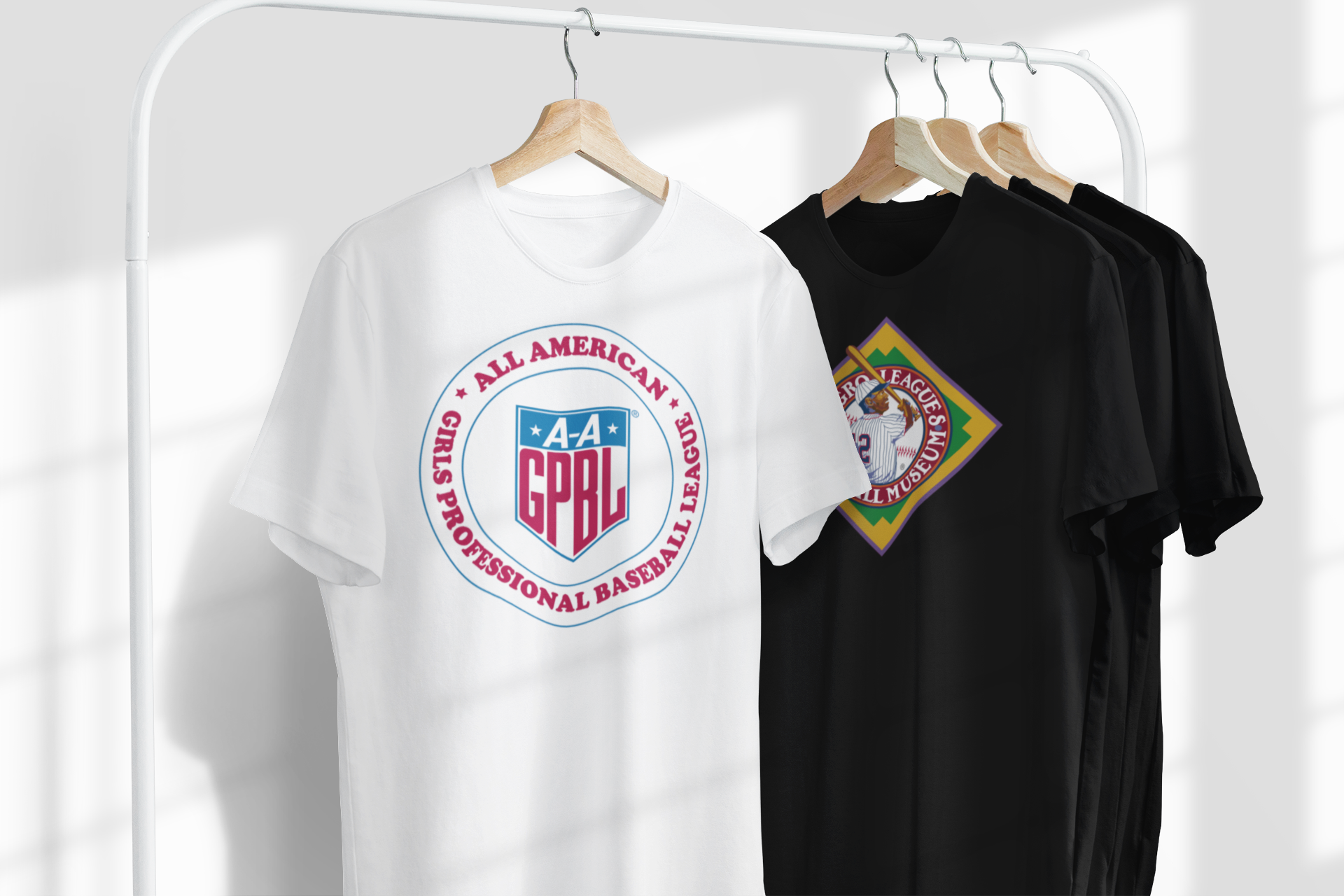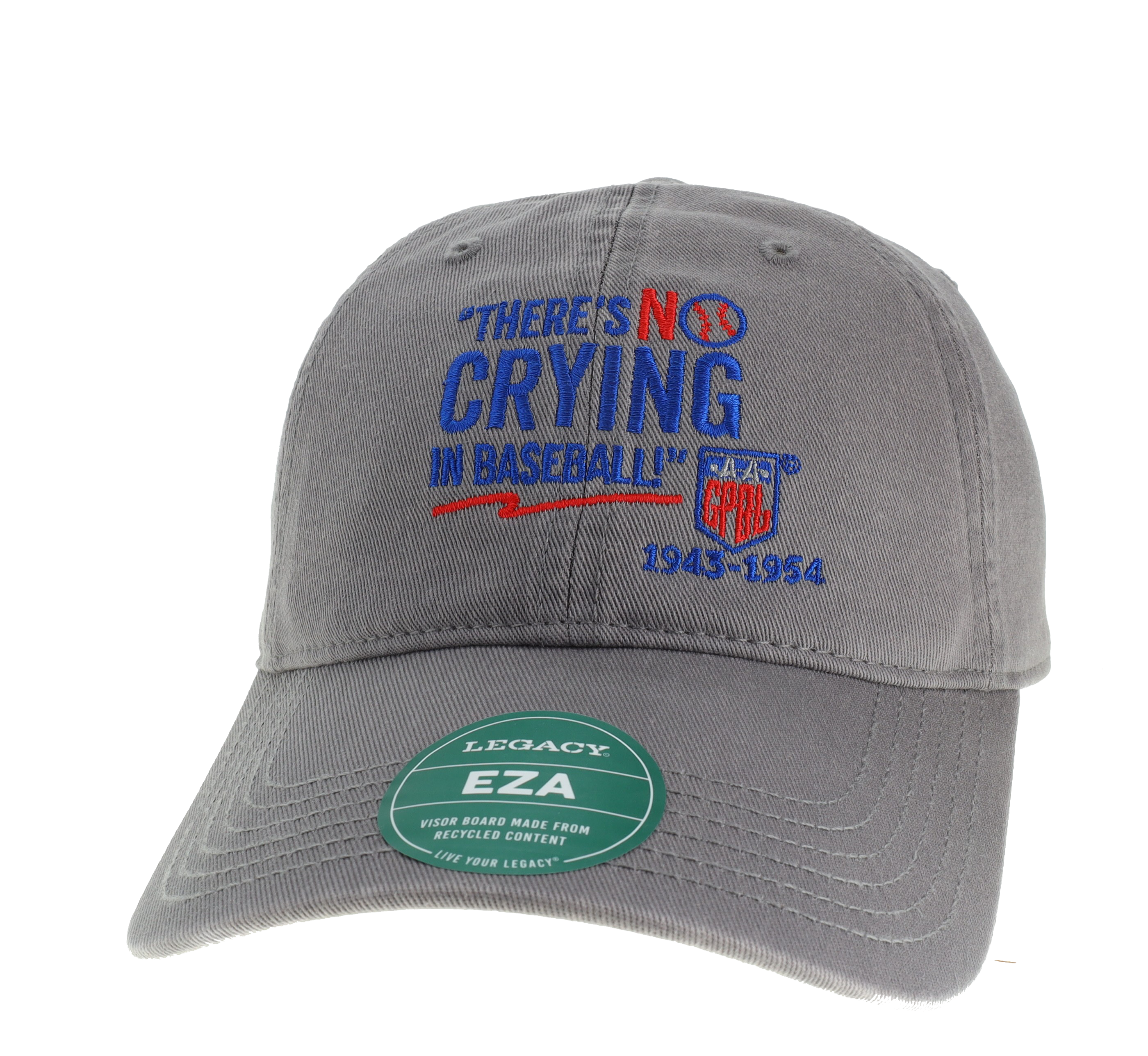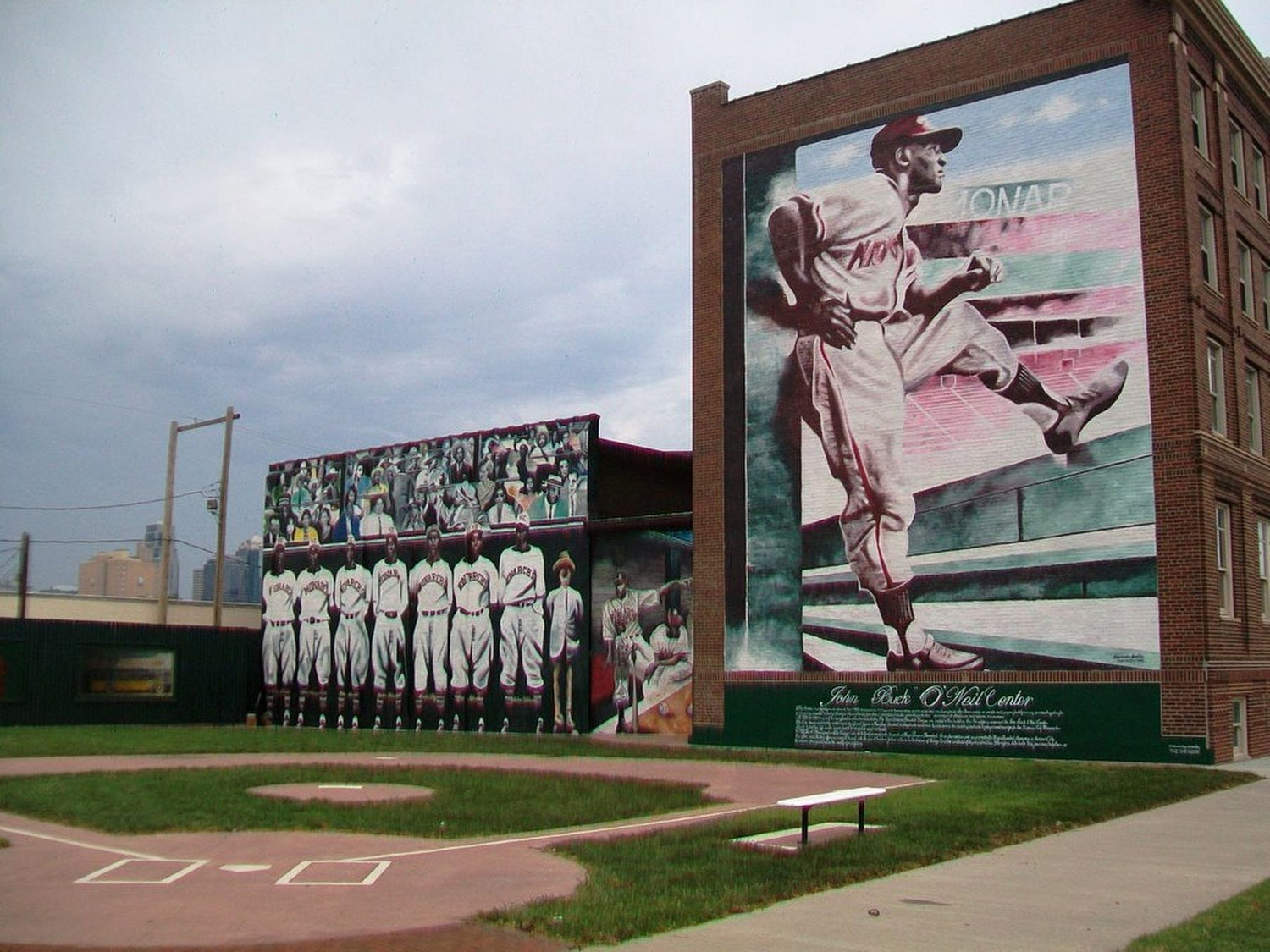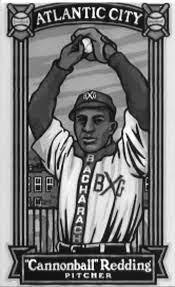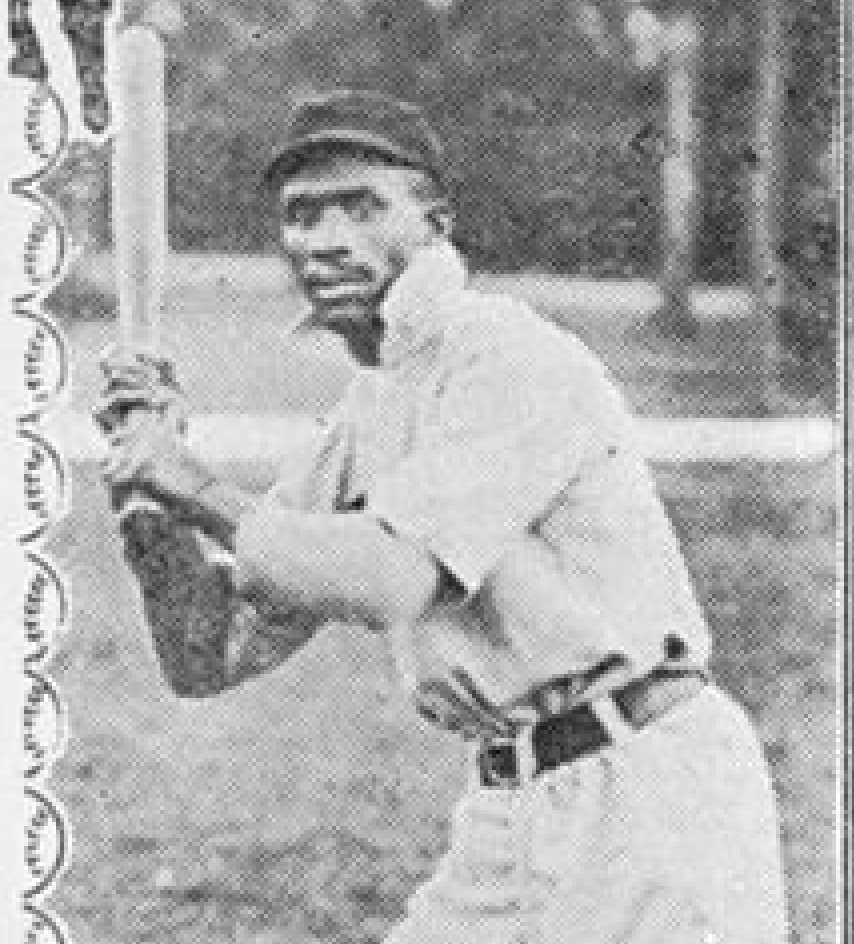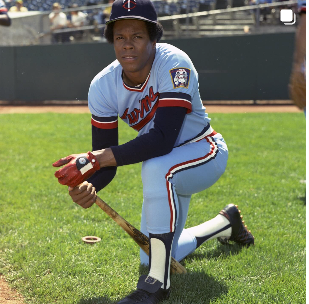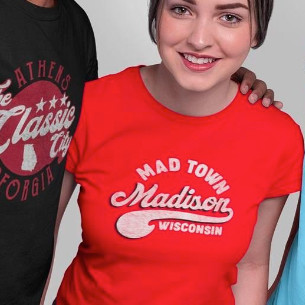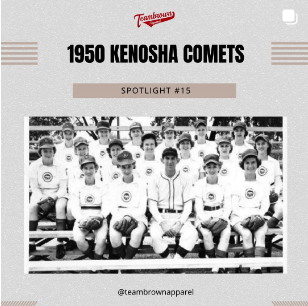The National Baseball Hall of Fame and Museum will be considering several former Negro League players to be included for election to the Class of 2022. (The election will take place on December 5, 2021).
Seven Negro Leagues and pre-Negro Leagues legends will be considered - Today we focus on - Buck O’Neil.
Buck O’Neil played 10 seasons with the Memphis Red Sox and Kansas City Monarchs of the Negro American League and was named to three All-Star Games. Following his playing career, O’Neil became a scout for the Chicago Cubs and later became the first Black coach in AL or NL history with Chicago. Scouting for teams for much of the rest of his career, O’Neil became a beloved ambassador for the game who helped found the Negro Leagues Baseball Museum in Kansas City.
A smooth-fielding first baseman for the Kansas City Monarchs as they won four consecutive Negro American League pennants (1939-1942), O'Neil hit .353 as the Monarchs swept the Homestead Grays in the first World Series played between the Negro American League and the more established Negro National League. That year, 1942, also marked the first of his three appearances for the West squad in the All Star game.

The Monarchs' dynasty was temporarily derailed by World War II, as O'Neil and several other Kansas City regulars were inducted into military service. O'Neil served in the U.S. Navy in a construction battalion. He left the Monarchs in mid-August to travel to Norfolk, Virginia, preparatory to entering the Navy. After three years he returned to the Monarchs and resumed his position at first base.
A steady hitter, O'Neil won the 1946 Negro American League batting title with an average of .353 to lead the Monarchs to another pennant. Although not known as a power hitter, the steady right-hander hit 2 home runs to go along with his .333 batting average in the ensuing World Series against the Newark Eagles. In the sixth game, centerfielder Leon Day made an outstanding catch to rob O'Neil of a triple and save the game and the Series, as the Eagles won the final game in the hard-fought 7-game series, despite O'Neil's heroics.
Before embarking on a professional baseball career, O'Neil first had to escape the celery fields of Florida, where he worked as a youngster. He moved to Sarasota when he was twelve years of age and began working in the fields soon afterward. One day during a break from work he voiced his desire to play baseball, and his father, overhearing his conversation, encouraged him to pursue his dream. Working toward this end, O'Neil attended Edward Waters College in Jacksonville, Florida, where he played baseball for six years and picked up the nickname "Foots" because he had big hands and feet. After graduating from college in 1930, he began his professional baseball career touring with the Miami Giants in 1934 and got his nickname "Buck" from one of the team's owners, Buck O'Neal. The other owner was Johnny Pierce, but booking agent Syd Pollock soon took over the ballclub and renamed them the Ethiopian Clowns in 1935.
O'Neil also toured with the New York Tigers and the Shreveport Acme Giants in 1936 before signing with the Memphis Red Sox of the Negro American League in 1937. The Red Sox came through Shreveport and, after watching him play, signed him for the black big leagues. With the Red Sox he was an outfielder, but his stay in Memphis was not long, and he jumped to owner Charlie Henry's Zulu Giants for more money.
The next season he became a Monarch and stayed with the franchise until 1955, managing the last eight years, after Tom Baird bought out J.L. Wilkinson in 1948. A consistent hitter with good extra-base power to right centerfield, he hit .258, .257, .345, .250, .247, and .222 from the time he joined the team in 1938 until he joined the Navy during the 1943 season. He usually batted in the sixth slot, although he preferred hitting in the second slot, which he did for a couple of seasons. After his batting title in 1946, he followed with seasons of .358, .253, .330, and .253 for the years 1947-1950. On the bases he had only average speed but was a smart base runner, and in the field he was a graceful fielder but with only an average arm.
A knowledgeable player, he became a successful manager for the Monarchs, winning the second-half title in 1948 but losing a seven-game playoff to the Birmingham Black Barons for the Negro American League flag. Then in 1949, with the advent of divisional play, he guided the Monarchs to the first-half title in the Western Division, but due to the loss of so many players to organized baseball, he declined to meet the second-half titlists, the Chicago American Giants. Finally, winning both halves of the Western Division in 1950, the Monarchs claimed the western championship. He continued to manage the Monarchs through 1955, winning a total of five pennants and serving as skipper of the West squad in four straight All Star games, 1951-1954.

Throughout his career he played in winter leagues and on barnstorming teams. In 1946 he was a member of the Satchel Paige All-Stars, who toured with Bob Feller's All Stars. After the fall exhibitions O'Neil played winter ball with Almendares in the Cuban League in 1946 47 and played with Obregon in the Mexican winter league in 1951.
Although denied a chance to play in the major leagues, O'Neil did get to the "big time" when he joined the Chicago Cubs as a scout in 1956, and he became the first black coach in major league history in 1962, with the Cubs. As a Cubs scout he signed Ernie Banks and Lou Brock and later was also a special scout for the Kansas City Royals. He serves as a member of the Hall of Fame's Veterans' Committee and was chairman of the board of the Negro Leagues Museum in Kansas City.

Baseball Career Highlights:
O'Neil has a career batting average of .288 including four .300 plus seasons at the plate. In 1946, he led the League in hitting with a .353 average and followed that in 1947 with a career best .358. He posted averages of.345 and .330 in 1940 and 1949, respectively. He played in three Negro American League All Star games and in two Negro Leagues World Series. In addition, he teamed with Satchel Paige during the height of Negro Leagues barnstorming in the 1930s and 1940s to play countless exhibition games.
Professional/Personal Accomplishments:
Following his career as a Monarch, O'Neil moved on to Major League Baseball as a scout with the Chicago Cubs. He was named the Major's first black coach by the Cubs in 1962 and is credited with signing Hall of Famers Ernie Banks and Lou Brock to their first professional contracts. He has worked as a Kansas City Royals scout since 1988 and was named "Midwest Scout of the Year," in 1998.
O'Neil rose to national prominence with his compelling account of the Negro Leagues as part of Ken Burns' PBS "Baseball" documentary. Since then, he has been the source of numerous national and local interviews including appearances on "Late Night With David Letterman," and the "Late, Late Show With Tom Snyder."
Currently, O'Neil served as board chairman of the Negro Leagues Baseball Museum (NLBM), in Kansas City, Missouri. He was a member of the 18-member National Baseball Hall of Fame Veterans Committee, in Cooperstown, New York, and promoted the induction of Negro Leagues players.

Awards, Honors, Titles, Championships,
Schools, Colleges:
• Played on 9 Championship Teams
• Played in 3 East West All Star games
• Starred in 2 Negro Leagues World Series
• Won a Negro National League Batting Title
• Managed the Monarchs to Five Pennants and Two Negro
Leagues World Series
• Managed 5 East-West All Star games
Sources:
NLBM Legacy 2000 Players' Reunion Alumni Book, Kansas City Missouri: Negro Leagues Baseball Museum, Inc., 2000.
James A. Riley, The Biographical Encyclopedia of the Negro Baseball Leagues, New York: Carroll & Graf Publishers, Inc., 1994.
Teambrown Apparel https://www.teambrownapparel.com
#HistoryInYourSize

